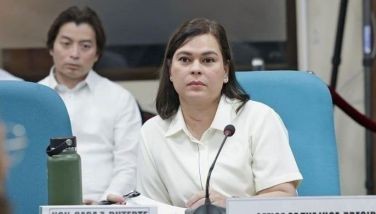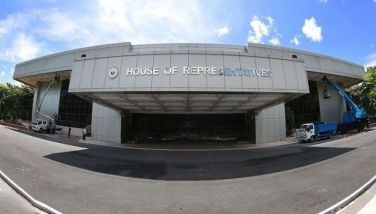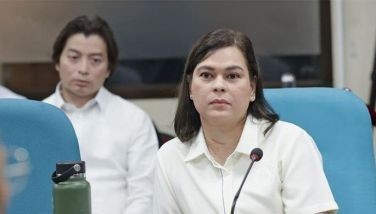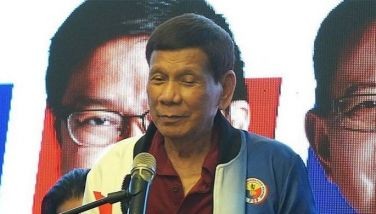After 56 years, where to now?

The New People’s Army (NPA) will celebrate its 56th founding anniversary tomorrow. With its dwindling strength and declining influence, the future of this armed group is in question with everyday reports of their casualties and surrender. The National Task Force to End Local Communist Armed Conflict (NTF-ELCAC) has already declared the dismantling of 88 out of 89 guerilla fronts, with one remaining but in its weakened state. The end of communist insurgency is surely good news to all Filipinos but how it will happen and when are the questions begging for definitive answers.
The Communist Party of the Philippines (CPP) with its aim to wrest control of the government would simply not allow this to happen. After reaching a joint vision with the government to end the armed conflict and transform the CPP-NPA-NDF to something else, most likely to a non-violent political organization, through the National Democratic Front of the Philippines (NDFP), this triad has not stopped in its propaganda against the Marcos administration, which raises a question on its sincerity to forge a peace agreement with the government.
Skeptics of this political maneuver of the CPP are not convinced that the party will set aside what it claims to be its primary weapon in seizing political power. Creating that revolutionary environment has always been on top of its agenda as it continues to recruit from the ranks of the workers, the youth and students, the peasants in countryside and in organizing works from all the sectors and advocacy groups in the urban centers. For over five decades now, this communist insurgency has caused the loss of countless lives of Filipinos and dragged the social, political and economic development of the country down.
At the heart of the conflict lies a nation yearning for change. In a nation filled with dreams yet tested by poverty, who would not long for a better future? For the youth, education is like a light in the darkness – a hope to lift their families from hardship. For the workers, every drop of sweat carries a dream – a fair wage to live with dignity. For women, the fight is not only for themselves but for everyone who has been belittled and abused. In their thirst for justice and change, they were drawn to promises – groups that introduced themselves as allies, offering hope and claiming to be the path to true freedom. But instead of freedom, it led to chains – some lost their way, while others lost their lives, deceived by the illusion of a war they falsely understood and never won.
The revelations of six former rebels who just surrendered to the government authorities are insightful and prophetic on what the CPP intends to accomplish in its present predicament, which the government mouthpieces describe to be the lowest stage of communist insurgency. Their stories offer a stark reminder of the human cost of the armed conflict, a cost that extends beyond the battlefield.
A former rebel who has spent most of his revolutionary works in Metro Manila claims that the NDF takes the lead role in the efforts of the underground movement to recover its lost bases. The NDF, which is neither purely legal nor outrightly armed, connects both the armed struggle and legal parliamentary struggle through its member organizations covering all sectors of Filipino community. As the former rebels confirmed, their recruiters introduced themselves as members of legal organizations aiming to help people with the issues they face. This is where the deception begins.
An organization they commonly identified as an aboveground organization known to many as Makabayan Bloc (Makabayang Koalisyon ng Mamamayan), a coalition of party-lists in the House of Representatives, has its share in supporting the rebellion since its founding on April 16, 2009. Consisting of various party-lists, including Bayan Muna, Gabriela, Kabataan and Alliance of Concerned Teachers, they all claim that its real agenda in joining the government was to destroy the government from within. As explained clearly and confidently by a party election operator in Metro Manila, “They are not there for the people but to urge them to rebel and secure the government resources for their interest.” At face value, these groups appear to champion the urban poor communities, women, youth and teachers, but their real words and actions have always been in support of the “party lines” of the underground movement.
(To be continued)
- Latest
- Trending



























